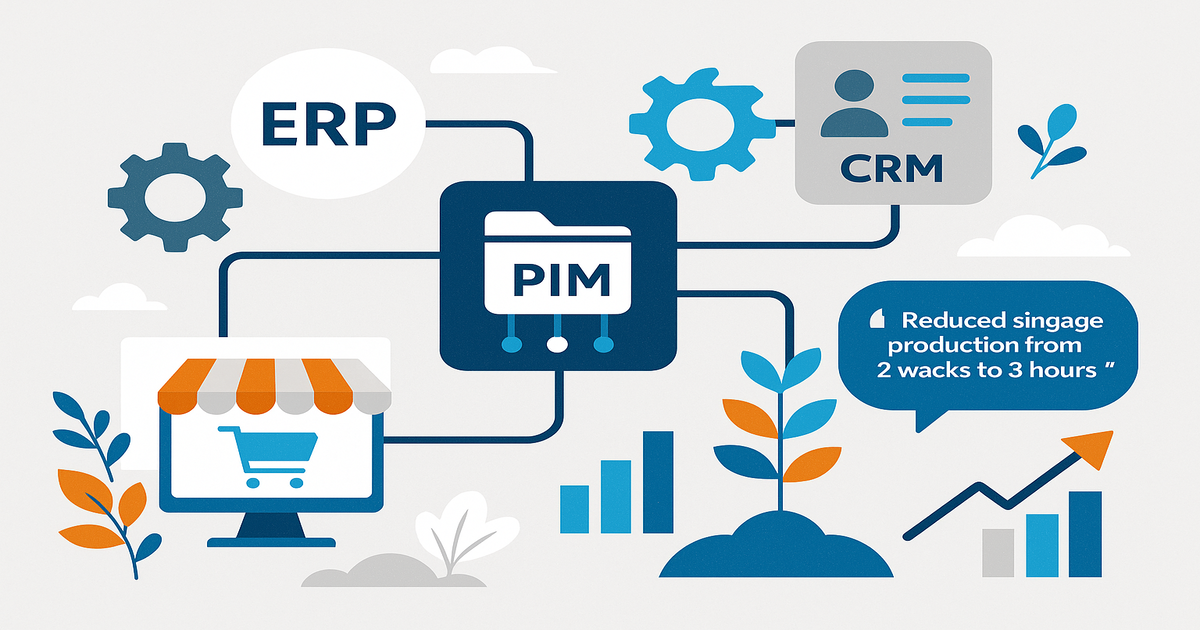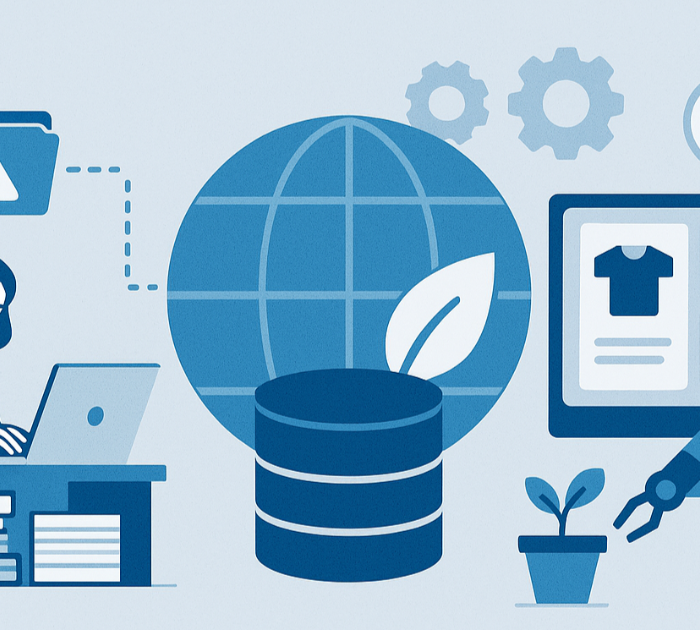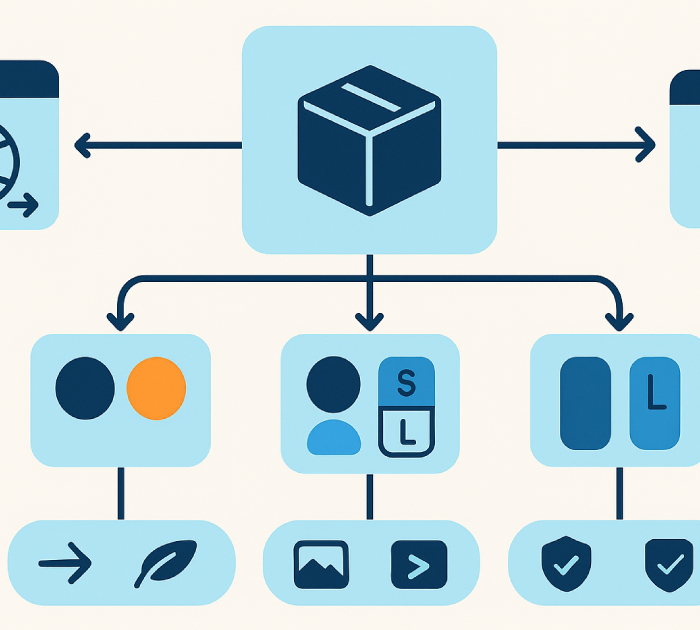Modern businesses rely on data to thrive. Yet, when that data lives in disconnected systems — from your ERP to CRM and eCommerce tools — it creates inefficiencies, confusion, and waste. Today, as companies aim for sustainable digital growth, connecting these systems has become essential.
That’s where Perfion PIM (Product Information Management) makes a transformative impact. By uniting your ERP, CRM, and eCommerce platforms under one ecosystem, Perfion ensures your product data flows smoothly, accurately, and responsibly. The result is a connected organization built on efficiency, transparency, and sustainable performance.
Let’s explore how Perfion PIM integration brings your entire digital ecosystem together — and why this connection drives both business success and environmental responsibility.
1. Breaking Down the Data Silos
Many companies store vital product data across multiple tools. The ERP handles inventory, the CRM manages customer relationships, and eCommerce platforms publish product details. Unfortunately, these systems often operate in isolation.
As a result, product information becomes inconsistent, updates take longer, and teams spend countless hours reconciling data. This not only wastes time but also increases resource consumption — both human and digital.
Perfion PIM eliminates these silos by creating a single, centralized hub for all product data. It connects directly to your ERP, CRM, and eCommerce systems, ensuring that updates made in one platform automatically appear across the others. In turn, your organization saves energy, reduces errors, and minimizes unnecessary duplication of work — a small but powerful step toward more sustainable operations.
2. Creating One Ecosystem for Collaboration
When systems communicate seamlessly, people do too. Perfion PIM’s integrations empower every team — from sales to marketing to logistics — to work within a shared environment.
For instance, when your ERP updates product stock levels, your eCommerce platform reflects those changes instantly. Likewise, marketing teams can use the latest product information from Perfion to create accurate descriptions, visuals, and specifications without waiting for manual updates.
This “one ecosystem, one vision” approach improves data accuracy, speeds up decision-making, and reduces the digital clutter that slows down workflows. In the process, your teams can focus on innovation rather than maintenance.
3. Connecting Data to Sustainability Goals
You can’t improve what you can’t measure. For companies working toward sustainability and ESG goals, Perfion provides visibility into every product’s data journey.
Through its deep integration with ERP systems, Perfion helps track the origin of materials, supplier certifications, and energy use data. At the same time, CRM connections help analyze customer demand and lifecycle feedback, while eCommerce integrations ensure customers receive transparent, eco-related product information.
Together, these connected insights help companies reduce overproduction, optimize logistics, and cut waste, turning sustainable goals into measurable outcomes.
4. Enhancing the Customer Experience
Today’s customers want more than products — they want transparency. They expect accurate descriptions, clear sustainability details, and consistent experiences across every channel.
Perfion PIM ensures that every customer-facing system — your website, marketplace, or digital catalog — shows accurate and verified product data. Whether it’s the materials used, the recyclability of packaging, or certifications like FSC or Fair Trade, customers get consistent, trustworthy information.
This transparency not only strengthens your brand reputation but also reinforces your sustainability message across markets.
5. Increasing Efficiency Through Automation
Perfion doesn’t just connect systems — it automates them. Once integrated, Perfion PIM updates and synchronizes product information automatically.
For example:
When a price or description changes in your ERP, it’s instantly reflected in your online store.
When a new certification is added, your marketing and sales platforms update without delay.
This automation saves time, prevents costly mistakes, and ensures consistent accuracy. Moreover, by reducing manual work and repetitive data entry, companies cut unnecessary digital energy use — a growing factor in sustainable IT practices.
6. Building a Scalable, Future-Ready Ecosystem
As businesses grow, their digital landscapes become more complex. Perfion PIM’s flexibility ensures you can add new sales channels, suppliers, or regions without losing control of your data.
Because Perfion integrates seamlessly with leading ERP systems (like Microsoft Dynamics or SAP), CRMs, and eCommerce tools, your ecosystem remains connected — no matter how large it becomes. This scalability helps companies expand responsibly, maintaining both operational efficiency and environmental awareness.
Conclusion
Sustainability isn’t achieved through isolated efforts — it’s achieved through connection. When your ERP, CRM, and eCommerce systems work in harmony through Perfion PIM integration, your business operates smarter, faster, and more responsibly.
With one ecosystem and one vision, Perfion empowers companies to grow sustainably — reducing waste, improving collaboration, and ensuring product data remains accurate from creation to customer.
In a world where responsible growth is the new standard, Perfion PIM is the bridge that connects technology with purpose.
Perfion PIM integrates directly with leading ERP, CRM, and eCommerce systems, syncing product data automatically to ensure accuracy and real-time updates.
Integration reduces duplicate work, lowers resource consumption, and improves visibility — helping companies operate more efficiently and responsibly.
Yes. Perfion ensures all product information is accurate and consistent across websites, marketplaces, and catalogs, creating trust and transparency for customers.






